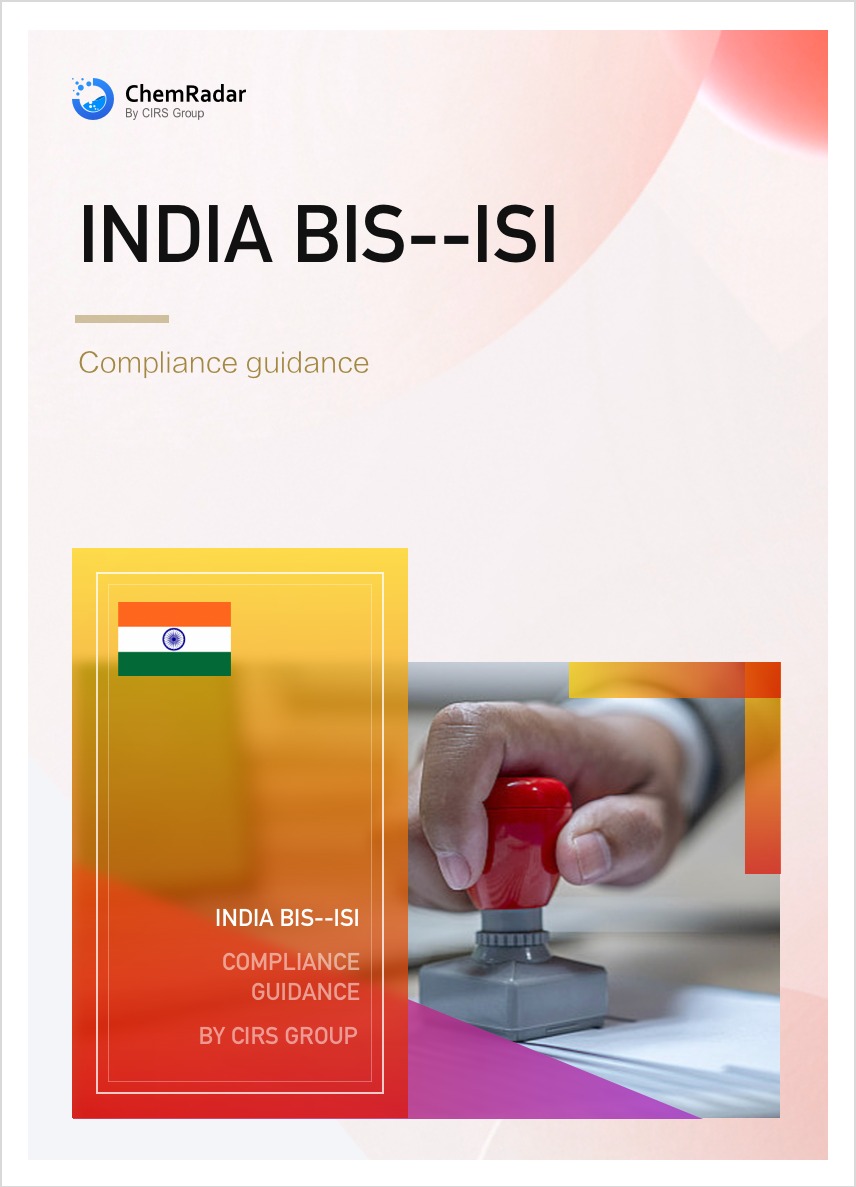The Department of Chemicals and Petrochemicals (DCPC) in India recently issued the Polyethylene Material for Moulding and Extrusion (Quality Control) Amendment Order, 2025, which officially came into effect on June 11, 2025. This amendment makes two key changes based on the original control order from 2022:
- Deletion of Item (c): The previous exemption for Linear Low Density Polyethylene (LLDPE) Butene Grades has now been removed, meaning this material will become subject to the mandatory BIS certification requirements under the Quality Control Order.
- Addition of a New Exemption: A new exemption has been introduced for high-density polyethylene (HDPE) for pharmaceutical moulding (EP/USP grade, CAS No. 25087-34-7), specifically for the manufacture of disposable hypodermic syringe plungers and IV catheter/cannula components.
This revision continues the Indian government's phased approach to strengthening the quality control of polyethylene materials. The DCPC states that the new regulations aim to enhance the reliability of general industrial materials while ensuring that critical sectors such as healthcare have access to materials that meet specific requirements.
The DCPC emphasizes that manufacturers using polyethylene materials must apply for a license from the Bureau of Indian Standards (BIS) and use the standard mark on their products. Notably, these orders do not apply to chemicals used solely for export. All relevant manufacturers must comply with these new regulations, and any violations will be subject to legal penalties under the BIS Act of 2016.
The adjustments in the polyethylene quality control order are expected to significantly impact India's plastic processing, medical device manufacturing, and related import trade, further promoting the industry's development towards standardization and high quality.
Further Information

